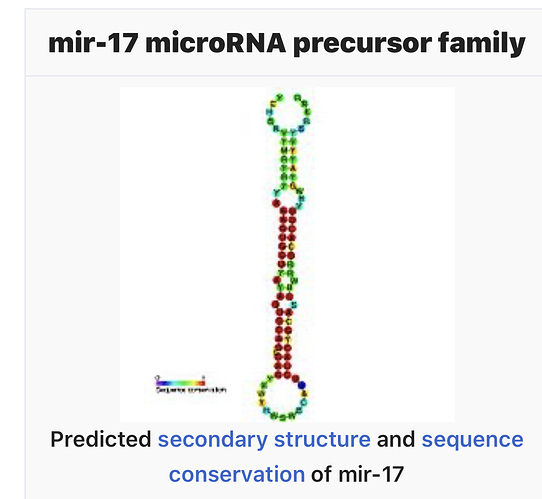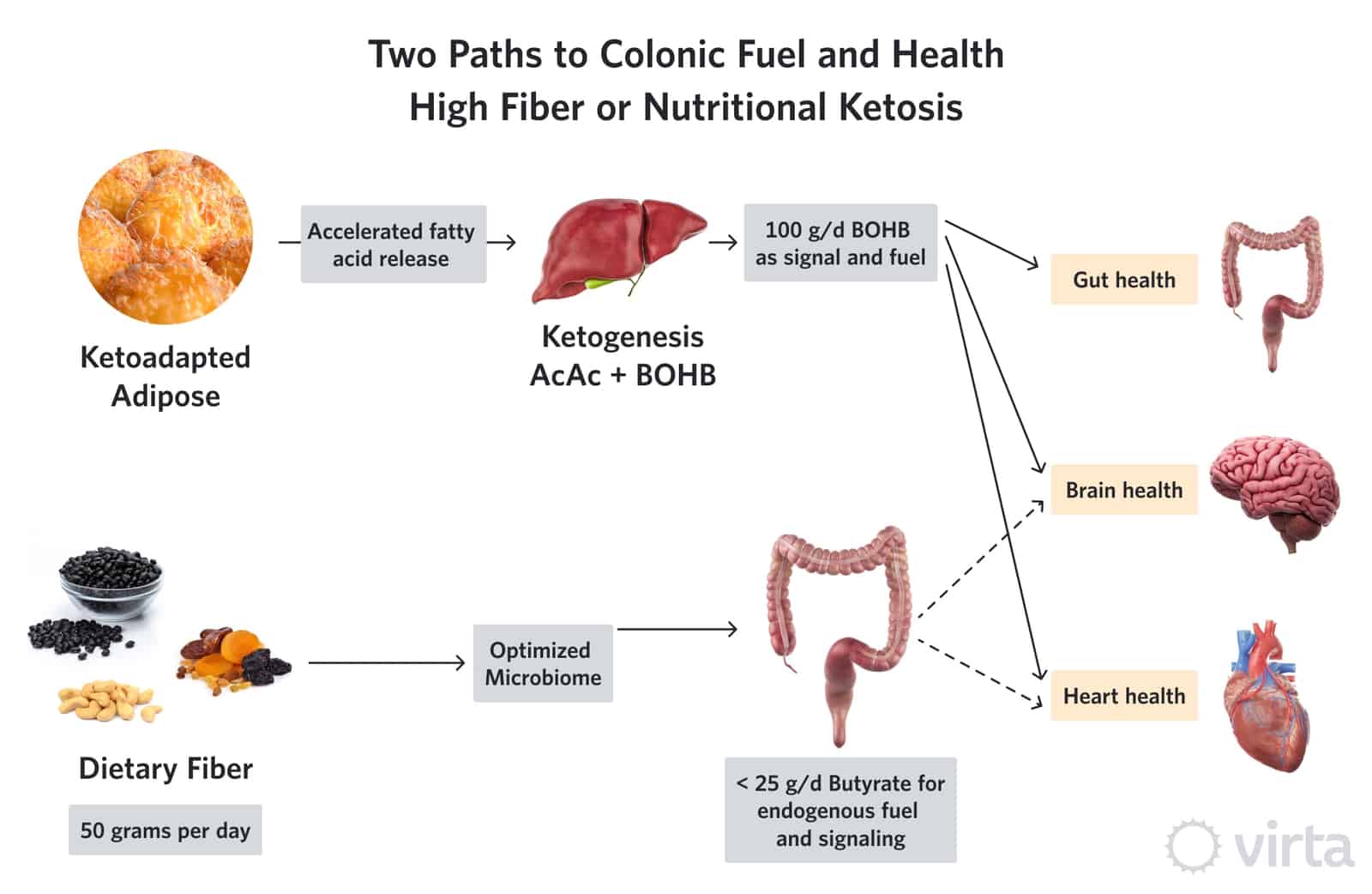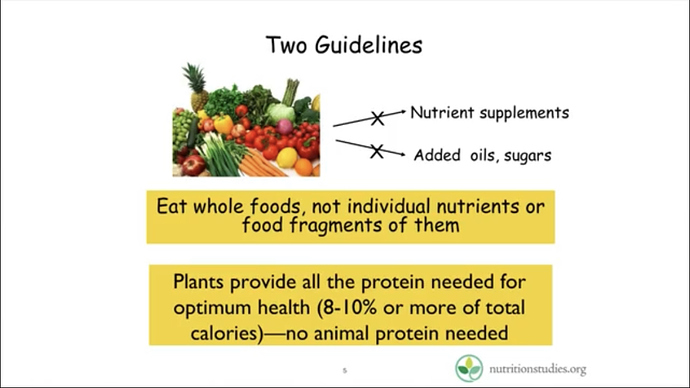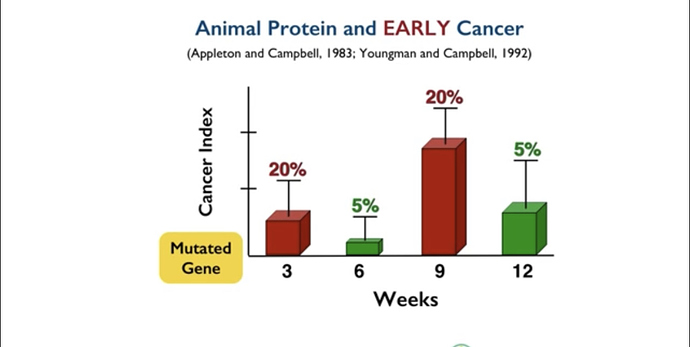There is no Clear Requirement for Dietary Carbohydrates for Human Adults
Although some studies suggest that pre-exercise muscle glycogen stores determine capacity for prolonged exercise [12], there is no clear requirement for dietary carbohydrates for human adults [13]. Current carbohydrate recommendations are based on 1) preventing ketosis, and 2) providing glucose beyond minimal needs. However, it is clear that ketosis is not harmful [14-16], except in the high levels seen in type 1 diabetes. Also, the need to provide glucose above minimal needs is exactly what has never been demonstrated [14]. Indeed, the National Research Council has not established Recommended Dietary Allowance (RDA) for carbohydrates, probably because the human body can adapt to a carbohydrate-free diet and manufacture the glucose it needs. Nevertheless, some nutritionists contend that the carbohydrate is an essential nutrient. For example, Mcdonald claimed that healthy, moderately active adults require at least 200 g of carbohydrate daily to sustain normal brain metabolism and muscle function [17]. However, the author did not provide any evidence supporting this recommendation. Low-carbohydrate diets have been avoided because of the high-fat nature of the diets and the “predicted” associated hypercholesterolemia. However, serum lipids generally improve with the low-carbohydrate diet, especially the triglyceride and HDL measurements. In sharp contrast, high-carbohydrate diets, which reduce high-density lipoprotein (HDL) cholesterol and raise triglyceride levels, exacerbate the metabolic manifestations of the insulin resistance syndrome [18]. Finally, all fats raise HDL cholesterol. The relative potency of fatty acid classes in raising HDL cholesterol is saturated > monounsaturated > > polyunsaturated [19]. Thus, it is clear that replacement of total fat (of any fatty acid distribution) with carbohydrates results in significant reductions in HDL cholesterol [19]. Indeed, recent studies of carbohydrate intake and its relationship to the development of CHD and type 2 diabetes have been rather revealing, showing that an increase in carbohydrate intake is related to increases in both conditions [20].
No Clear Requirement for Dietary Carbohydrates for Human Adults
What is very “clear” to me, if you are scientifically and mentally sane? Is that we definitely need resistant starch or a carbohydrate that cannot be broken down (undigestible i.e. does not raise blood sugars period and actually lowers them) by the digestive enzyme amylase that feeds the microbiome to produce short chained fatty acids[6] in the the gut, not really fiber, because fiber does not prevent colon cancers. Lab animals induced with colon cancers and fed dietary fiber (Actually enhancing the proliferation of the cancer) does nothing to colon cancers until resistant starch is added and even seen reversing the cancer inside and outside the Petri dish and if that’s not a clue; then I don’t what is?
I really feel sorry for people who don’t get that and eat a meat only diet and get colon cancer 10 or 20 years or more down the road?
Footnotes:
[1] Why Humans Don’t Need Dietary Carbohydrates to Thrive: Volek & Phinney: “…We need more dietary fiber than is possible on a ketogenic diet. In addition to promoting colon health, there is now strong evidence that short-chain fatty acids (SCFAs) produced from colonic fermentation of fiber also improves brain health. And it is indeed true that the combination of a very high fiber intake plus adequate carbohydrate restriction to sustain nutritional ketosis is difficult to achieve without the use of purified fiber supplements. But what we point out in our blog post on fiber is that the production of beta-hydroxybutyrate can provide many-fold more SCFAs to the brain than a very high fiber diet combined with an optimized microbiome. Thus, the moderate level of fiber that one can achieve with a real-food well-formulated ketogenic diet should be more than adequate to maintain organ health throughout the body. …” …More
image link[2] ”…“Red meat and resistant starch have opposite effects on the colorectal cancer-promoting miRNAs, the miR-17-92 cluster,” said Karen J. Humphreys, PhD, a research associate at the Flinders Center for Innovation in Cancer at Flinders University in Adelaide, Australia. “This finding supports consumption of resistant starch as a means of reducing the risk associated with a high red meat diet.” …” …More
[3] “…MicroRNAs (miRNAs) encoded by the miR-17-92 cluster and its paralogs are known to act as oncogenes. Expression of these miRNAs promotes cell proliferation, suppresses apoptosis of cancer cells, and induces tumor angiogenesis. …” …More
[5] Can fiber prevent colon cancer? High Dietary Fiber Intake May Not Reduce The Risk Of Colon Cancer: …Such studies cannot prove or disprove that dietary fiber prevents colon cancer. Nevertheless, if fiber does indeed prevent colon cancer, then higher intakes of fiber should be associated with lower rates of colon cancer. …” …More
[6] “…investigators are using oral butyrate supplements and butyrate enemas to treat inflammatory bowel diseases such as Crohn’s and Ulcerative Colitis. permeability. In tissue culture and live rats, butyrate causes a large and rapid decrease in intestinal permeability. …South Denver Cardiology
[7] “…Dr. Grace Liu. (Butyrate taken via butter doesn’t make it to the colon, it’s absorbed by the body long before then - so RS empowers the colon’s Butyrate production - which in turn supports the immune system and metabolism). Pretty amazing. …” …More
[8] “…research by (Campbell et al.) and looking at the graph/chart (below) that demonstrates the precise mechanism on how animal proteins can cause cancer, below it shows how reducing animal based protein reduces the cancer. And how percentages of animal protein turn the cancer on and off from multiplying or proliferating. …” …More
How many times do I have to point out to you that these Optimal Diet people are not on all meat diets. You haven’t a shred of evidence that all meat diets lead to cancers. Not that a couple of people on the same diet getting cancer is evidence of anything anyhow. 
Yes I totally understand that and what your missing is the “optimal diet“ may have had fiber but no resistant starch?
How many times do I have to point that out to you?
You keep claiming that all meat diets lead to cancer. What you are actually claiming, it seems, is that any diet without resistant starch leads to cancer. The Optimal Diet is a ketogenic diet. That is the diet you are claiming is unhealthy. You’re just obfuscating by pretending these people were carnivores.
You said it not me, maybe that will give you something to think about?
And in furtherance I’m not claiming anything I’m simply supplying valid scientific information, make of it what you will, awareness is not a ketogenic sin and ‘not just because’ you say so?
‘Just because’ you don’t want something to be true does not mean that it cannot?
@atomicspacebunny how do you personally incorporate resistant starches into your ketogenic diet. Specific foods etc. Would you say you still follow a ketogenic diet?
Some sources and lots of websites out their that get into the finer details of dosing:
There are no essential foods, only essential nutrients.
“Wild rice not domesticated hybrids of the species; grown in real dirt (ancient sea beds) without chemical fertilizer, green bananas and plantain, raw sweet potato, purple potatoes and lotus seeds.”
Any chance of finding these ‘essential nutrients’ in more palatable foods?
@ChrisW Only in Bunny’s fantasy world.
Coming from some one who thinks essential nutrients can only come from meat?
Not far from fantasy yourself, my dear chump?
I eat very little resistant starch, not something I consider a palatable side dish!
You’re mistaking me for someone else. I’ve said carbohydrates are non-essential. That’s scientific fact. I eat lots of non-meat fats and proteins. I also eat various meats occasionally since most are excellent sources of fat and protein.
Yes! “carbohydrates” contain essential nutrients?
When you state “carbohydrates” what are you talking about? Donuts?
I’m talking about carbohydrates: saccharides. Molecules of sugar. You seem to be confused about what a carbohydrate is and is not.
A donut contains all three macros: protein, fat and carbohydrate. But mostly carbohydrate, including a lot of mono- and di-saccharides. Which I think are what you call sugar.




